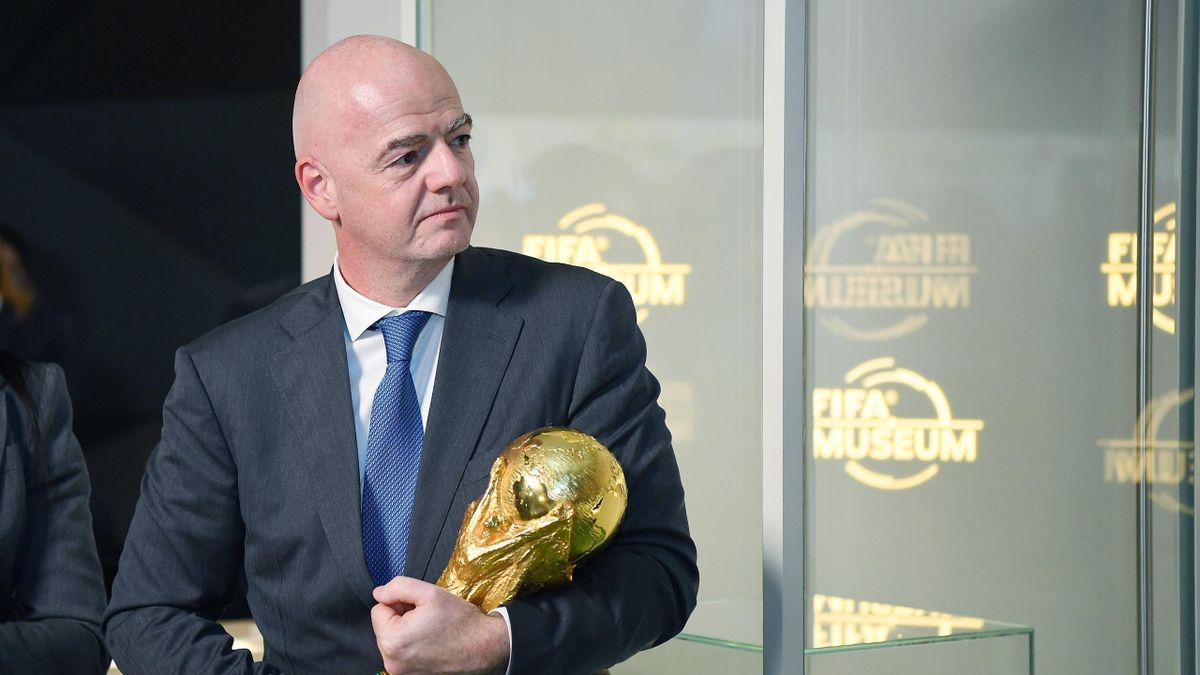The announcement of the 2026 FIFA World Cup has sparked excitement across the globe, particularly among African fans eager to witness the tournament’s unfolding drama. However, recent remarks from former U.S. President Donald Trump have introduced an unsettling uncertainty regarding the tournament’s organization, primarily set to unfold in the United States, Canada, and Mexico from June 11 to July 19, 2026.
Trump’s Threats and Their Implications
As the countdown to this monumental event begins, Trump’s latest statements threaten to shake the foundations of the tournament. He suggested that he might withdraw matches from cities led by Democratic officials, labeling them as “run by leftist extremists who don’t know what they’re doing.” Such comments not only cast a pall over the event but also raise questions about its logistics and accessibility for fans worldwide, including those in Africa who are keenly following their national teams’ paths toward qualification.
A Look Back at World Cup History
The 2026 World Cup is set to be historic; it will be the first time that three nations host the tournament together. The anticipation among African football fans is palpable, especially considering how many of their teams are vying for qualification. Nations like Nigeria, Senegal, and Ghana, all boasting rich footballing heritages, have their eyes firmly set on making their mark on this global stage.
Additionally, with the rise of stars such as Mohamed Salah, who continues to captivate audiences in Europe with his performances in the Premier League, African nations see this as an opportunity to showcase their talent against some of the world’s best players.
The Broader Impact on African Football
If Trump’s threats come to fruition and matches are relocated, it could mean significant logistical challenges for teams and fans alike. The potential loss of matches in major cities could disrupt travel plans for supporters coming from Africa or those in the diaspora planning to witness history in person.
This situation also raises concerns about sponsorships and funding for local football initiatives in African countries that hope to benefit from global attention during such a prestigious tournament. With infrastructure development being a critical aspect of hosting successful events, any disruption might hinder growth opportunities within these nations.
A Call for Unity in Football
In light of these developments, it is essential for footballing bodies across Africa to remain united and proactive. Addressing potential challenges head-on will not only ensure smoother preparations but also instill confidence among fans that despite political upheavals, football remains a unifying force capable of transcending borders.
“The beauty of football is its ability to bring people together,” expressed Pele Mbappe, an upcoming star from Senegal making waves in European leagues. His sentiment resonates deeply within many African communities who view football as more than just a game; it’s a source of pride and identity.
The Road Ahead: What Lies Beyond?
As we look toward 2026, there are hopes that African nations will not only qualify but make significant strides in their performance. The youth academies across Africa are nurturing talents who dream of representing their countries on such grand stages.
The implications of Trump’s remarks extend beyond mere logistics; they highlight how politics can influence sports at any level. With ongoing discussions regarding player welfare and tournament integrity gaining traction globally, this could be an opportune moment for African federations to advocate for fair treatment and consideration for all involved parties.
The journey toward 2026 promises to be thrilling yet challenging. As African fans continue rallying behind their teams with passion and fervor, it remains crucial that they stay informed about developments affecting one of sports’ most awaited spectacles.

Leave a Reply